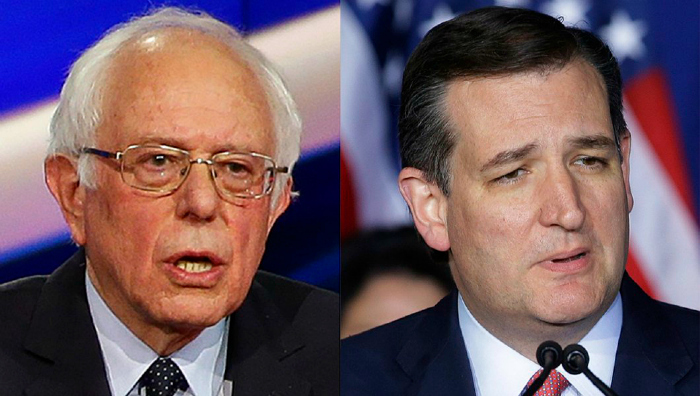Penna Dexter
Currently, the House is considering the Tax Cuts and Jobs Act.
In order for tax cutting to work, we must boost economic growth. The president believes we can get the economy growing consistently at 3 percent per year by cutting the corporate tax rate.
Opponents of such a cut complain that it would starve the government. They ignore the dynamism that would result from cutting corporate taxes. They believe we have to accept the post-recession economic growth rate of around 2 percent as the new normal.
But, as The Wall Street Journal points out, business investment is already gaining strength in anticipation of tax reform. The Commerce Department just announced the U.S. economy’s third quarter growth rate. It was 3 percent. This follows 3.1 percent growth in the second quarter. According to the Journal, “rising economic confidence is paying dividends” and “companies are betting that tax reform will pass.”
When even the hint of tax reform is causing this increase in GDP, why the skepticism?
Columnist George Will says economists on the Left assume “the only economic factor affected by cutting corporate taxes is government revenue.” But the economy is much more dynamic than that.
A recent debate between Senators Bernie Sanders and Ted Cruz took the issue to a personal level. A young millennial asked Ted Cruz why she should prefer a plan that cuts taxes rather than raising them as Senator Sanders would prefer. Senator Cruz answered her by saying:
“I’ll give you the best reason — because when you graduate you want a job.” He explained that jobs are leaving high-tax countries and fleeing to countries who are lowering their taxes. He told her, “We’ve already got the highest corporate tax rate in the developed world.”
Senator Sanders’ mantra is that corporations are evil and should have their taxes raised. Senator Cruz describes what that would bring, saying, “You’ll see even more companies leaving, more jobs leaving.”
Lowering the corporate tax rate will keep them here.
 Listen Online
Listen Online Watch Online
Watch Online Find a Station in Your Area
Find a Station in Your Area










 Listen Now
Listen Now Watch Online
Watch Online
